The soluble organic solvent contained in electrophoretic paint plays a role of co-solubilities. Compared with other coatings, its content is relatively small. However, it has certain effects on film thickness and coating stability, and generally requires to be controlled within a certain range. The solvent content in the working fluid increased, the film thickness increased, and the penetration and rupture voltage decreased. Low solvent content, film thickness, film appearance (smoothness) deteriorated. The amount of solvent in the working liquid can be adjusted by adding solvent and changing ultrafiltrate.
Bathing time The bathing time in the electrophoresis tank refers to the time it takes for the coated workpiece to form a coating film (electrification) below the working liquid level. This period is generally limited to about 3min. With the increase of coating time, the film thickness increases. The increase or decrease of coating time can indirectly affect the film surface level and appearance quality. The swimming coating time plays an important role in the process management of electrophoretic coating. Increasing the swimming coating voltage appropriately can shorten the swimming coating time, and increasing the swimming coating time at a lower swimming coating voltage can ensure the thickness of paint film.
In the electrophoretic coating line, the swimming coating voltage can control the film forming speed and deposition amount during the electrophoretic coating process. Generally, the working liquid temperature and the swimming coating time are fixed. If the film thickness needs to be increased or decreased, it can be achieved by increasing or decreasing the voltage. In the continuous pipeline-type electrophoresis painting equipment, the voltage control in the first energized section is generally below the lower limit of the operating voltage, and the voltage control in the second section is even slightly higher than the operating voltage.
After electrophoresis, the cleaning coating is recovered. There is working liquid not coated on the surface of the tank after electrophoresis. If the paint is dried directly, there will be blemish and other paint film defects. In order to eliminate the defects of the film and recover the working liquid, it is necessary to wash the film after electrophoresis painting. After electrophoresis, the cleaning can be divided into two stages: recovery of the working liquid: ultrafiltrate or deionized water is used to clean the working liquid at the outlet of the tank; the lotion is directly returned to the tank; it is better to clean the coated substance within 1min after the outlet. Improve the appearance of the film: wash with circulating ultrafiltrate, usually 23 times, and finally with deionized water.
Epoxy closed primer is a two-component primer. Before use, divide group A and B into 121 parts in strict accordance with the proportion. After mixing and stirring, it can be used. Group A and B are divided into epoxy asphalt anticorrosive paint in strict accordance with the proportion of 31, after uniform mixing and brushing on the surface of the two-component epoxy closed primer, two construction, uniform and no brush leakage is required, the paint film thickness reaches 100120m, 1824h after the next process of painting.






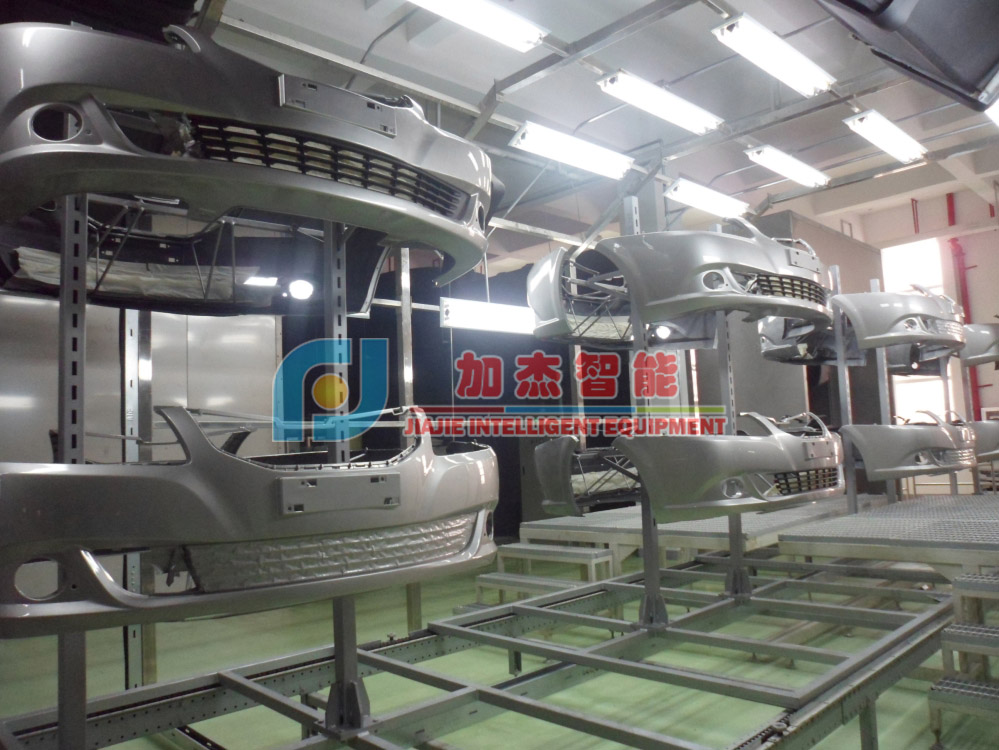
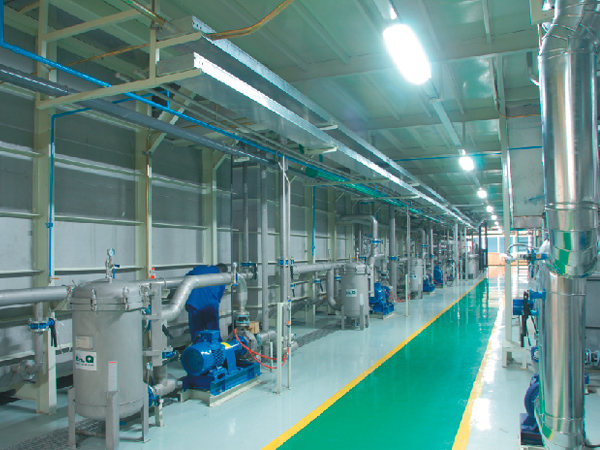
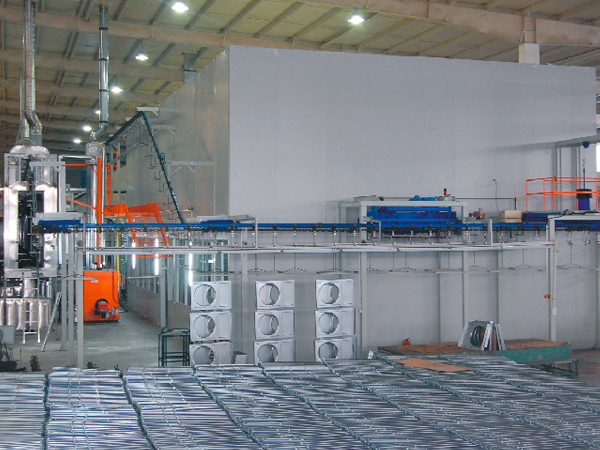
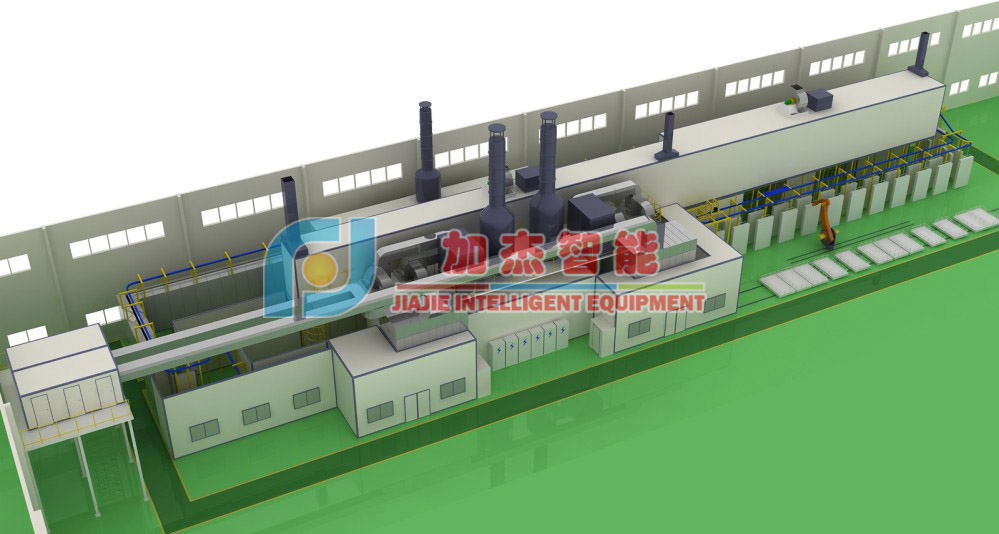
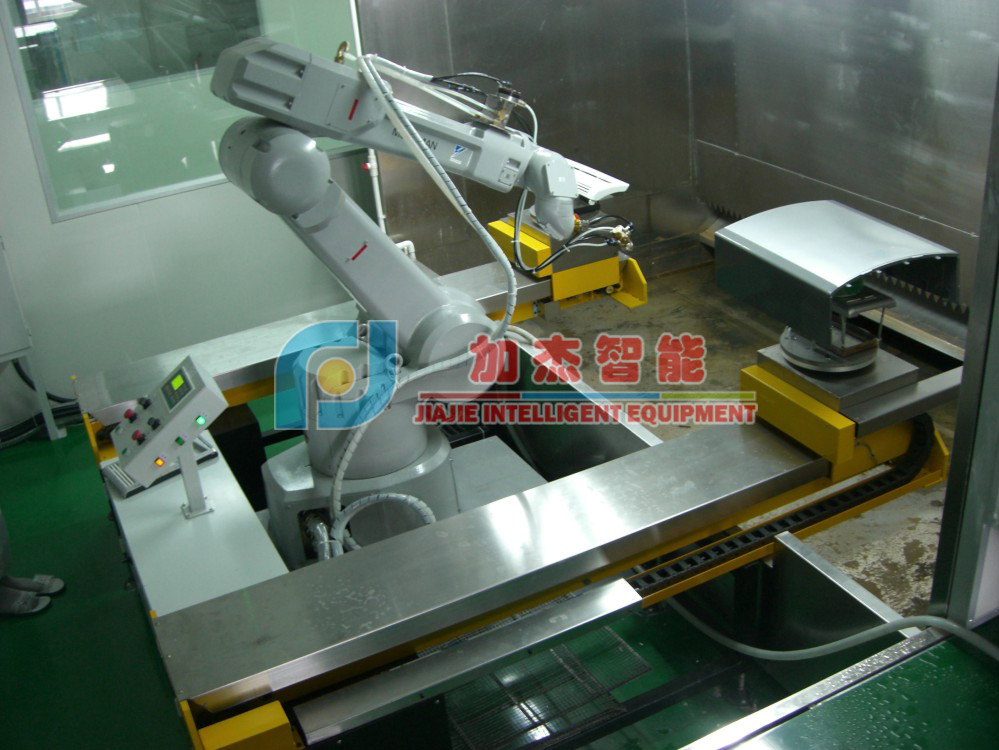
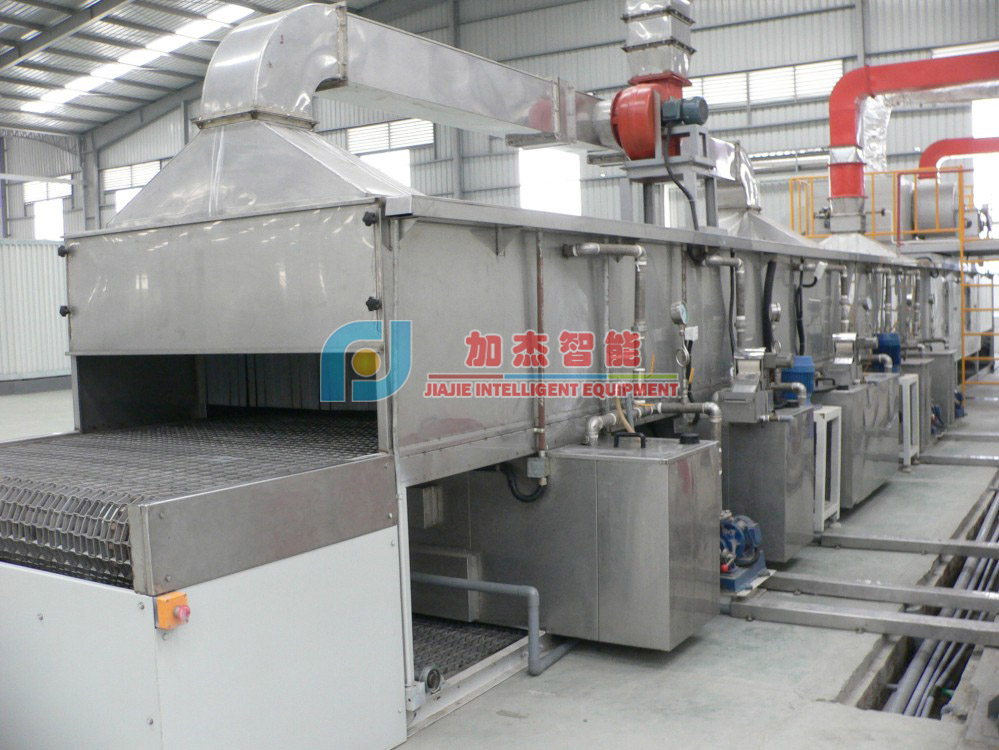
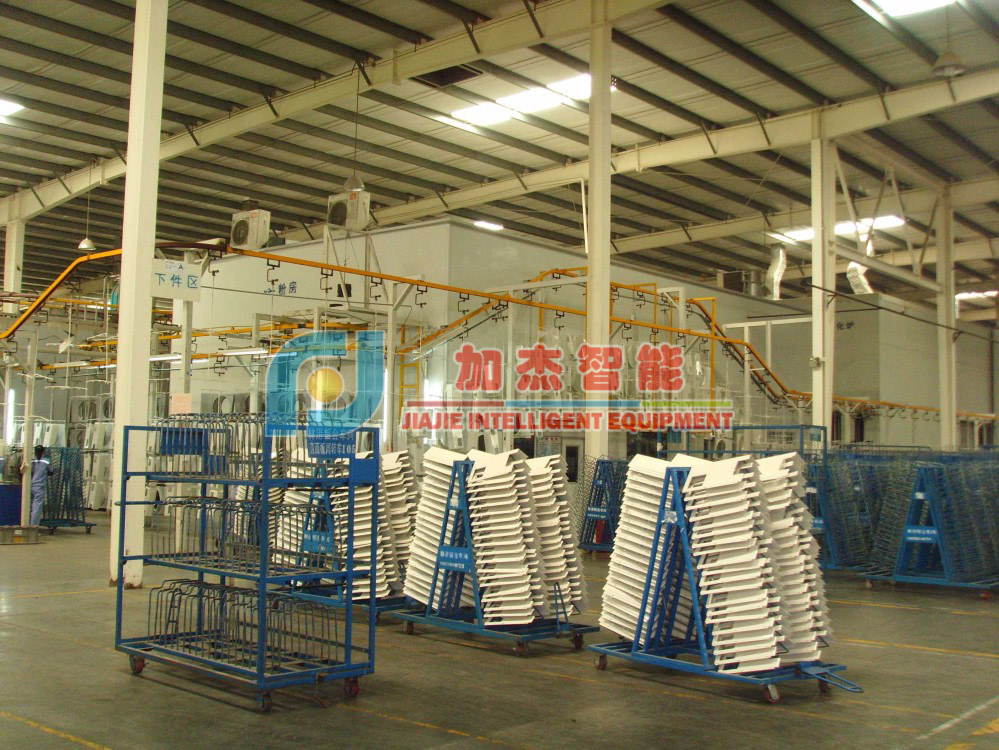
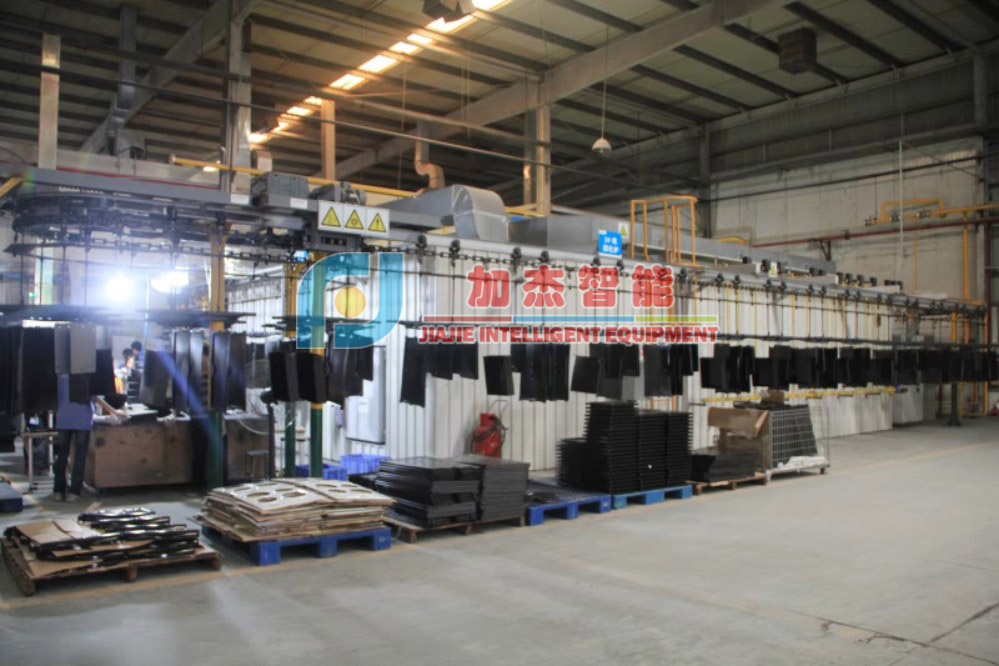
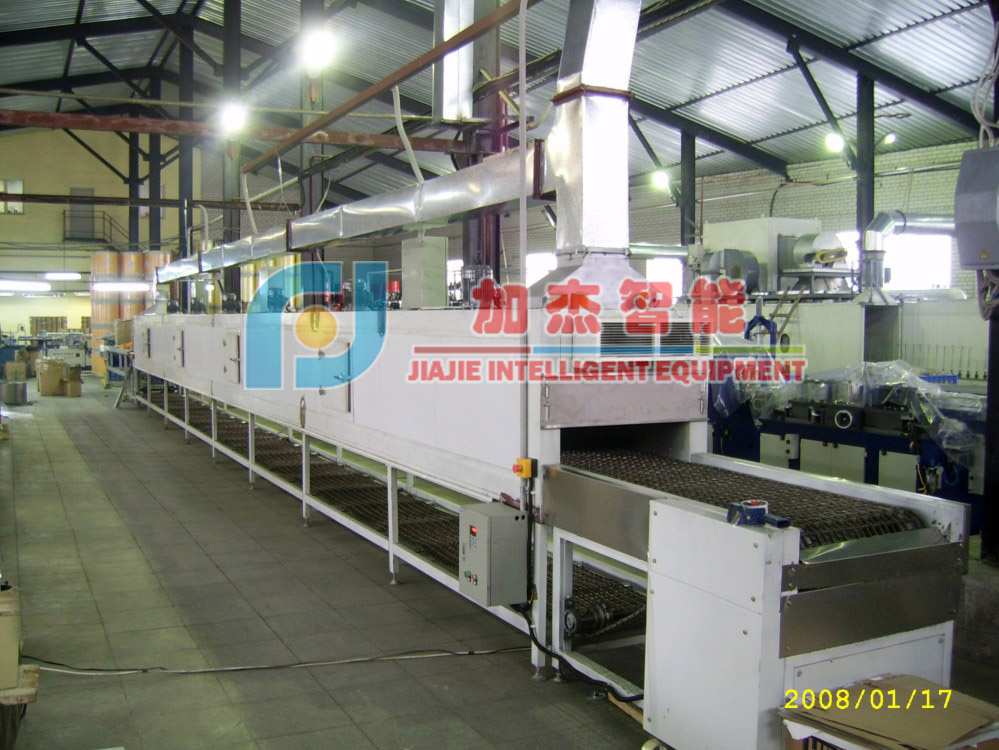
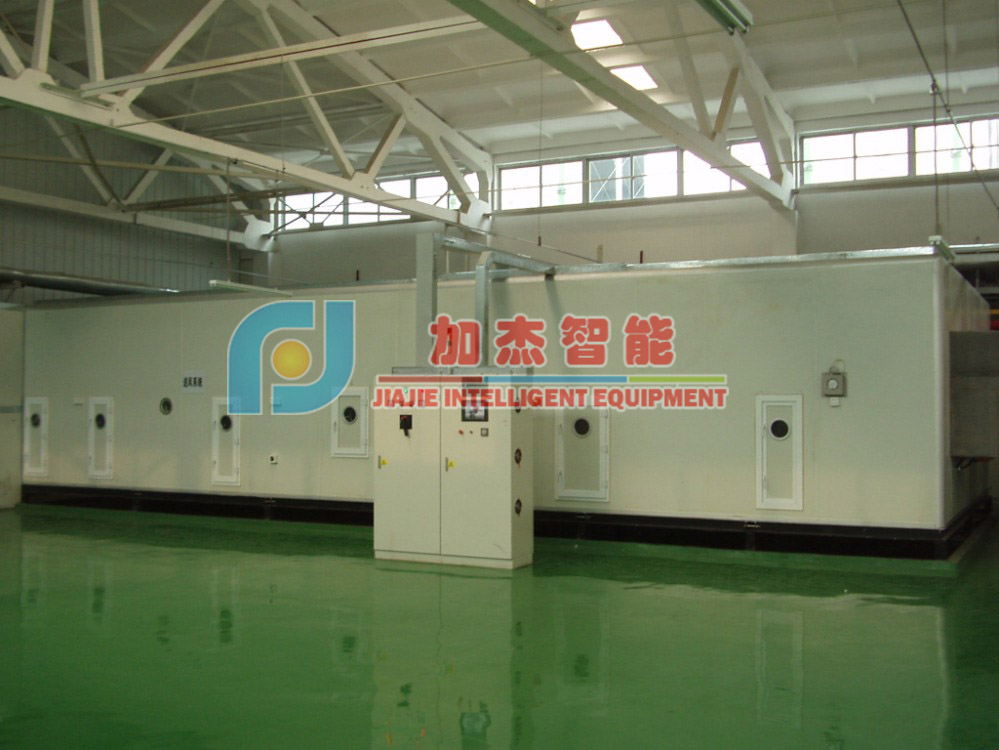
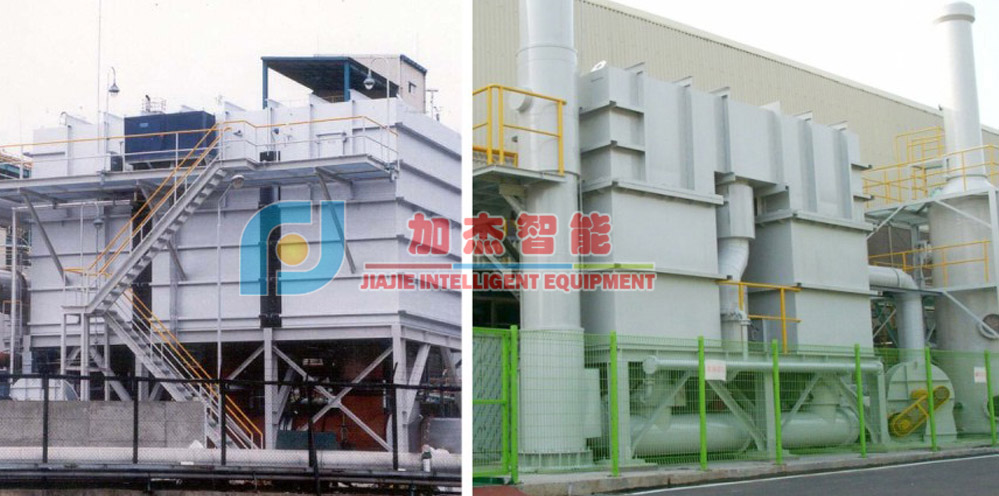








 客戶服務(wù)熱線
客戶服務(wù)熱線

